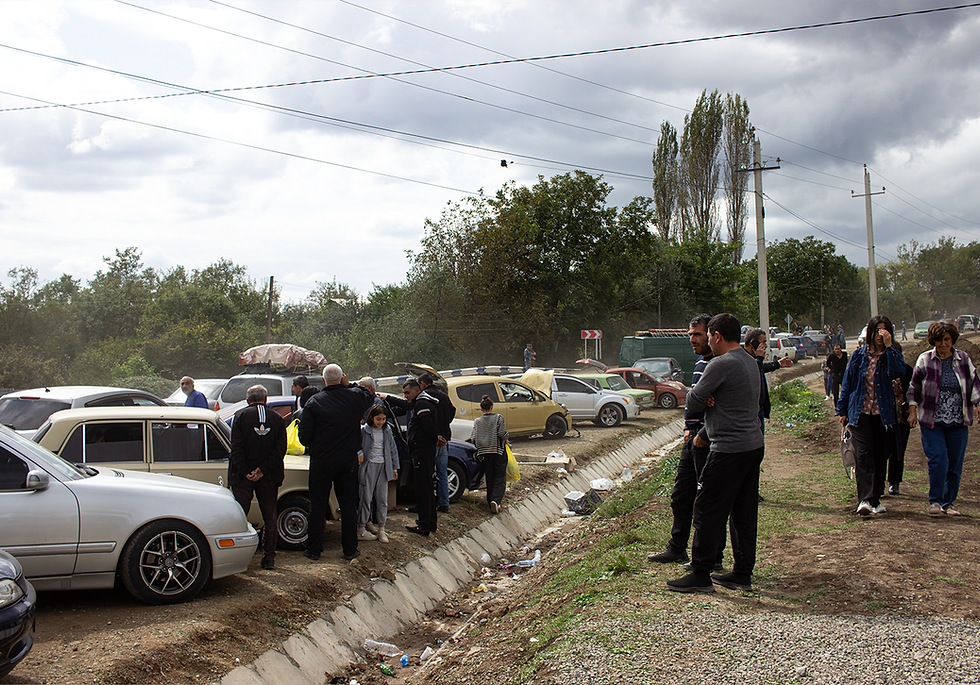Japan Commits $3 Million to Aid Armenians Forcibly Displaced from Nagorno-Karabakh
- The Armenian Report Team

- Feb 28, 2024
- 2 min read

In a move to address the needs of Armenians forcibly displaced from Artsakh (Nagorno-Karabakh), Japan has pledged $3 million in partnership with the United Nations Development Programme (UNDP) in Armenia. The collaboration aims to launch the "Project for Supporting Basic Infrastructure and Social Integration for Displaced Persons from Nagorno-Karabakh and Host Communities," with a total funding of $2.9 million.
The signing ceremony, chaired by His Excellency Mr. Tigran Khachatryan, Deputy Prime Minister of the Republic of Armenia, emphasized the Government of Armenia's commitment to supporting refugees. Khachatryan spoke about the ongoing initiatives to ensure sustainable living conditions for displaced compatriots, including access to education, health services, affordable housing, and employment opportunities.
His Excellency Mr. Yutaka Aoki, Ambassador of Japan to Armenia, expressed Japan's unwavering support during this challenging period in Armenia's history. He stated that the Japanese Government stands with Armenia and provides assistance to help overcome the challenges faced by the displaced population.
Ms. Natia Natsvlishvili, UNDP Resident Representative in Armenia, expressed gratitude for Japan's generous funding and praised the successful partnership with the Government of Armenia. Natsvlishvili emphasized UNDP's priorities, which include enhancing the resilience of refugees and host communities, providing durable solutions, creating job opportunities, and supporting social cohesion.
The signing ceremony included the exchange of notes between H.E. Mr. Yutaka Aoki, Ambassador of Japan to Armenia, and Ms. Natia Natsvlishvili, UNDP Resident Representative in Armenia. This formalized the launch of the two-year initiative.
Over the project's duration, UNDP will play a crucial role in facilitating dialogue and trust-building between refugees and local populations, with a special focus on women and youth. The initiative aims to improve accessibility and quality of basic services, living conditions, and primary healthcare facilities for refugees in host communities. Additionally, it will ensure access to clean energy in emergency situations and establish water storage and distribution infrastructures to enhance water resource utilization and increase income for agriculture-dependent households.






Comments